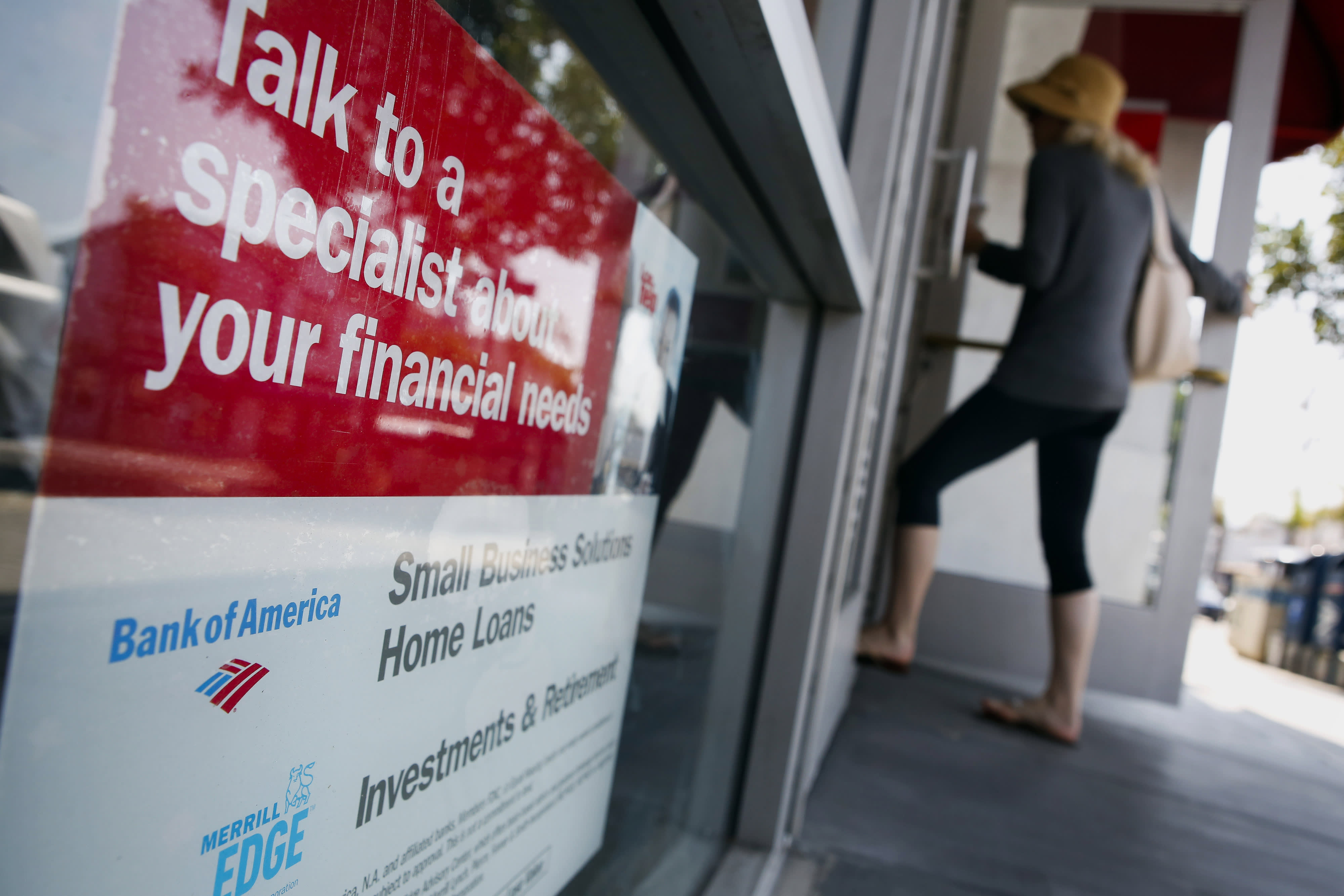Patrick T. Fallon | Bloomberg | Getty Images
Mortgage rates have been sitting near record lows since the start of the pandemic, and while millions of Americans have already refinanced their home loans this year, very few of them have taken cash out in the process.
Cash-out deals made up just 27% of all mortgage refinances in the third quarter of this year, according to Black Knight, a mortgage technology and data provider. That is the lowest share in 7 years.
Those who are taking money out of their homes are taking out less than they have in the past. The average amount dropped to $51,600 from $63,000 the prior quarter. The total volume of equity withdrawn in the quarter fell to $37 billion, the lowest equity withdrawal since the second quarter of 2019.
This, as home values rocket higher, and the amount of home equity borrowers have soars to record levels. Just over a quarter of all mortgage holders in the U.S. are considered “equity rich,” having at least 50% equity in their homes, according to ATTOM Data Solutions.
“To be sure, consumers’ memories of the great recession have likely been re-stoked by recent pandemic-related economic distress. As a result, they may be less willing to tap into what they very well may see as an emergency source of capital,” said Andrew Walden, Black Knight economist and director of market research.
Walden notes that the current surge in refinancing is due to the sharp drop in mortgage rates, and so most borrowers are just looking for savings, not necessarily money to spend.
Borrowers today surely remember the last housing boom in the very early 2000’s, when homeowners were using their properties like ATM’s. When the market crashed in 2007, and home prices plummeted, millions of borrowers were left ‘underwater,’ owing more on their mortgages than their homes were worth. That sparked an epic foreclosure crisis.
“This event has since shifted the perspective of many homeowners to now view home equity as a nest egg rather than a bank account,” said Matthew Weaver, vice president at CrossCountry Mortgage in Boca Raton, Florida.
But Weaver warns that holding onto excess home equity isn’t always the safest financial decision.
“On the surface it seems like a more responsible and reasonable position to take, and in some cases is, however when the pendulum swings too far to one side it comes with negatives as well,” said Weaver. “Credit card debt is at an all-time high. Many with equity in their homes that can (and should) tap into that equity at a lower fixed rate are electing not to do so.”
The pandemic has also sparked a jump in home remodeling, as people adapt to working and schooling from home. It is, therefore, surprising that more people aren’t taking cash out to pay for that.
“This is a situation where the low, fixed-rate mortgage available through cash-out refinances is typically less expensive than financing through a home improvement vendor,” added Weaver.
While some are using home equity, Washington, D.C.-area contractor Justin Sullivan, president of Impact Construction, said he isn’t seeing it as much as usual.
“We’re hearing that money that folks are saving from not going out to restaurants, not eating out, not going on vacations, those things are being saved and they’re deciding to add that value back into their homes as an investment,” he said.
